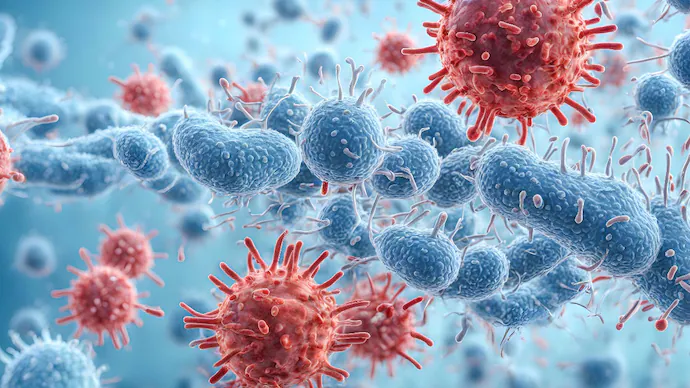
United Nations: Union Minister of State for Health and Family Welfare, Smt. Anupriya Patel highlighted the urgent need for global cooperation to address the growing threat of AMR during her intervention at the United Nations General Assembly (UNGA) High-Level Meeting on Antimicrobial Resistance (AMR) today. Addressing the gathering, Smt. Patel underscored that “AMR poses a critical threat to global public health undermining decades of progress made in the field of modern medicine”. She called for the “urgent integration of AMR containment strategies into the various health programs including those focussed on pandemic preparedness, health system strengthening and universal health coverage with focus of resource utilisation more on prevention and mitigation than surveillance”.
The Union Minister highlighted India’s significant strides in combating AMR since the launch of its National Action Plan (NAP AMR) in April 2017. She also underscored the progress made in expanding surveillance networks both in human and animal sector, reducing hospital acquired infections by improving infection prevention & control and promoting responsible antimicrobial use across human and animal health sectors. “Infection Prevention and Control (IPC) has been strengthened through comprehensive and country wide trainings of healthcare workers. Sanitation, hygiene and infection control in healthcare facilities has been improved through programmes under the Clean India Mission”, she said.
Smt. Patel highlighted that “a nationwide systematic and standardised surveillance of healthcare associated infections (HAI) has been initiated in the country”. “Regulations are in place to ensure prescription-based sales of antimicrobials. To promote judicious use of antimicrobials, National Treatment Guidelines are updated on regular basis”, she further stated. It was informed that India has developed an Antimicrobial Stewardship (AMS) Program to reduce unnecessary antibiotic prescriptions and combat rising AMR. This program is tailored for resource-limited settings and is being adopted by many hospitals in the country.
India has also prioritized inter-sectoral collaboration as part of its updated NAP-AMR 2.0, which includes budgeted action plans for each sector and well-defined monitoring and evaluation mechanisms. The existing “One Health” frameworks in the country are to be utilised to enhance coordination across human, animal, and environmental sectors in tackling AMR. In addition to innovation, operational research to find solutions to reduce impact of AMR on the environment has been prioritised.
The Union Minister concluded her remarks by expressing appreciation for the efforts of member states of UN in drafting the High-Level Ministerial Declaration on AMR and reaffirmed India’s commitment to fighting AMR through both national and global efforts. “India remains fully committed to addressing the AMR challenge through comprehensive sectoral and inter-sectoral efforts. By working together, we can mitigate the risks posed by AMR and safeguard the future of public health worldwide”, she said.

